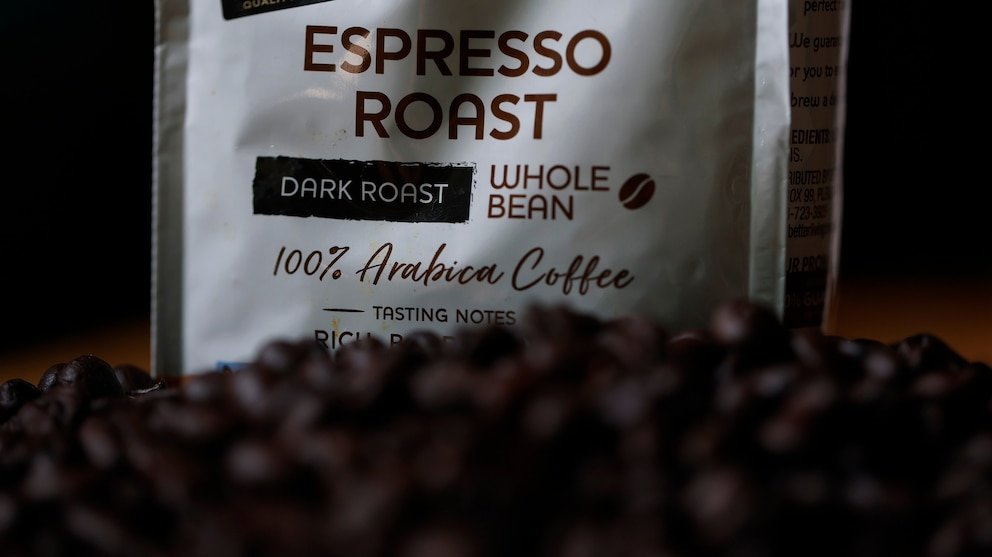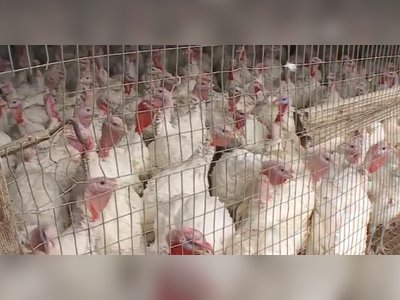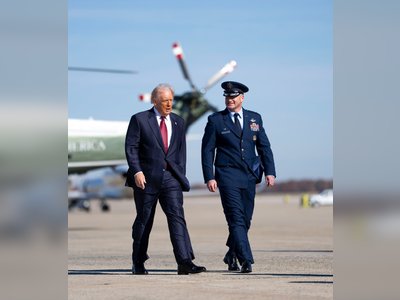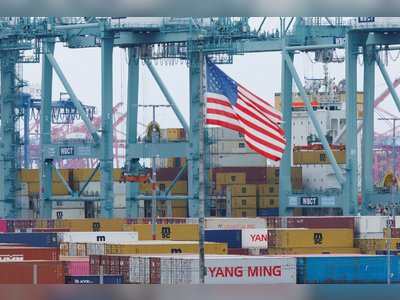
U.S. Announces Framework Trade Deals with Latin American Partners Targeting Food Price Relief
New accords with Argentina, Ecuador, El Salvador and Guatemala aim to lower tariffs on select goods and open U.S. markets
The United States on November 13 announced framework trade agreements with Argentina, Ecuador, El Salvador and Guatemala intended to ease the cost burden on American consumers and strengthen bilateral market access.
The deals, outlined by a senior U.S. administration official, mark a strategic shift toward targeted tariff relief and tighter trade ties in the Western Hemisphere.
Under the arrangement with Argentina, U.S. tariffs will be removed from certain beef imports previously subject to a ten-percent duty.
The quota on Argentinian beef remains unchanged.
Separate agreements with Ecuador, Guatemala and El Salvador focus primarily on agricultural products such as bananas and coffee, as well as textile and apparel goods.
Those accords will also address non-tariff barriers including digital-services taxes, intellectual-property enforcement and food-safety standards.
Though most imports from the four countries will continue to face tariffs — ten-percent for Argentina, Guatemala and El Salvador, and fifteen-percent for Ecuador — selected goods not produced domestically in the U.S. will gain immediate relief.
The administration cited recent inflationary trends — coffee prices up eighteen-point nine-percent, beef up fourteen-point seven-percent, bananas up six-point nine-percent year-on-year — and said the new trade framework is part of efforts to ease grocery bills for American households.
Latin-American governments welcomed the framework as a boost to export potential and U.S. investment flows.
Argentina, in particular, saw the swoop of trade benefits as complementing a broader U.S.–Argentine alignment that includes a twenty-billion-dollar currency-swap facility.
U.S. officials described the package as “exactly the kind of deals the president is trying to strike to help balance out our trade deficits.”
Full reciprocal-trade agreements are expected to be finalised within two weeks.
As the U.S. explores further similar frameworks — including talks with Switzerland and Taiwan — the latest move signals Washington’s growing focus on smaller trade partners and food-price relief rather than only mega trade-pacts with Asia.
The deals, outlined by a senior U.S. administration official, mark a strategic shift toward targeted tariff relief and tighter trade ties in the Western Hemisphere.
Under the arrangement with Argentina, U.S. tariffs will be removed from certain beef imports previously subject to a ten-percent duty.
The quota on Argentinian beef remains unchanged.
Separate agreements with Ecuador, Guatemala and El Salvador focus primarily on agricultural products such as bananas and coffee, as well as textile and apparel goods.
Those accords will also address non-tariff barriers including digital-services taxes, intellectual-property enforcement and food-safety standards.
Though most imports from the four countries will continue to face tariffs — ten-percent for Argentina, Guatemala and El Salvador, and fifteen-percent for Ecuador — selected goods not produced domestically in the U.S. will gain immediate relief.
The administration cited recent inflationary trends — coffee prices up eighteen-point nine-percent, beef up fourteen-point seven-percent, bananas up six-point nine-percent year-on-year — and said the new trade framework is part of efforts to ease grocery bills for American households.
Latin-American governments welcomed the framework as a boost to export potential and U.S. investment flows.
Argentina, in particular, saw the swoop of trade benefits as complementing a broader U.S.–Argentine alignment that includes a twenty-billion-dollar currency-swap facility.
U.S. officials described the package as “exactly the kind of deals the president is trying to strike to help balance out our trade deficits.”
Full reciprocal-trade agreements are expected to be finalised within two weeks.
As the U.S. explores further similar frameworks — including talks with Switzerland and Taiwan — the latest move signals Washington’s growing focus on smaller trade partners and food-price relief rather than only mega trade-pacts with Asia.











